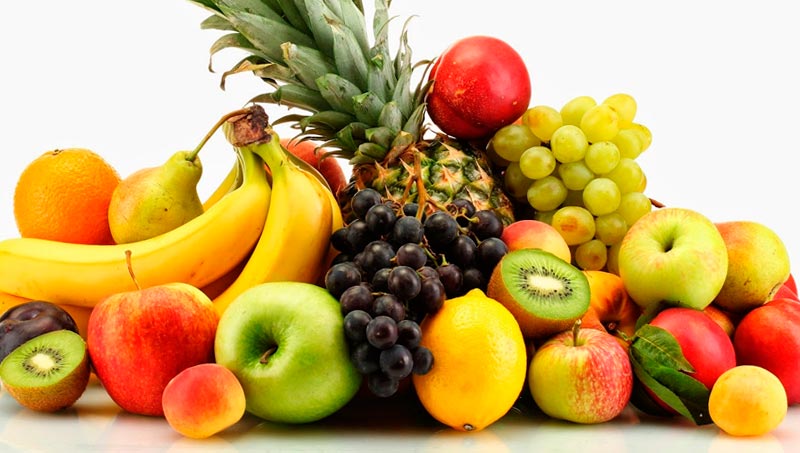How To Boost Your Gut Health Without Probiotics
Probiotic supplements offer a wide variety of benefits, but there are ways to improve gut health and reverse digestive disorders without them. Eating an anti-inflammatory diet will help restore an alkaline environment within the gastrointestinal tract to aid in weight loss, prevent disease, and clear up skin problems. The first step is to get rid of any food that might be causing problems. Here is a step-by-step guide to improving gut health for good in about one month.
Week One: Prep Week

Before jumping right into an extensive gut makeover, take a week to focus on eliminating offensive foods. The most problematic foods to the digestive tract are alcohol, processed sugar, and caffeine. Start by cutting back on these foods immediately. By the end of the week, try to remove them all from the diet. Be prepared to experience some withdraw symptoms, such as a headache or fatigue. This is a perfect time to drink lots of water to flush out toxins.
